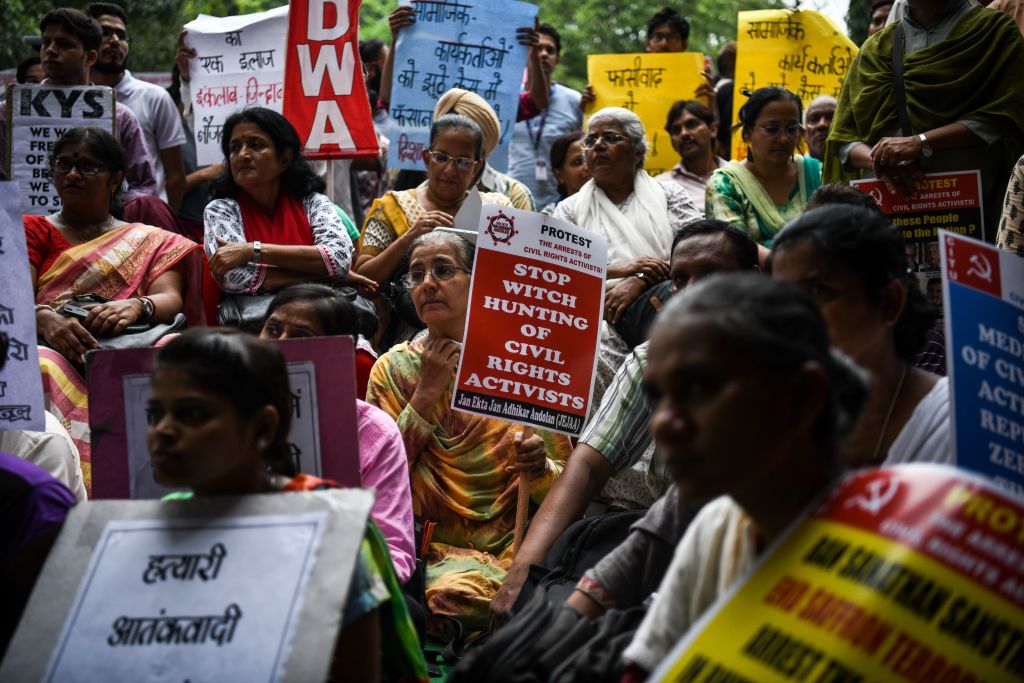- Tuesday, April 16, 2024

By: Shubham Ghosh
JUSTICE Dhananjaya Yeshwant Chandrachud, a judge of the Supreme Court of India on Monday (12) said anti-terror law should not be “misused for quelling dissent”. He said this while addressing an event on legal ties between India and the United States.
His remarks came days after India saw an outrage over the death of veteran priest-activist Stan Swamy in judicial custody after he was arrested under the Unlawful Activities (Prevention) Act (UAPA) – a stringent anti-terror law – in connection with the Bhima Koregaon violence case of 2018. Swamy passed away at the age of 84 while fighting for bail on health grounds.
“Criminal law, including anti-terror legislation, should not be misused for quelling dissent or harassment to citizens. As I noted in my judgement in Arnab Goswami vs the State, our courts must ensure that they continue to remain the first line of defence against the deprivation of liberty of citizens,” Justice Chandrachud said at the Indo-US Summer Conference on Indo-US legal ties organised by the American Bar Association’s International Law Section, the Chartered Institute of Arbitrators India, and the Society of Indian Law Firms.
‘Deprivation of liberty for even a single day is one too many’
“Deprivation of liberty for even a single day is one too many. We must always be mindful of the deeper systemic issues of our decisions,” the judge added.
Besides Swamy, many other cases where the UAPA was used have also made headlines in recent times. Assam leader Akhil Gogoi recently walked out of hail after a year and half. He was arrested over violent protests against the contentious citizenship law. Soon after his release, Gogoi pledged to fight against the misuse of UAPA.
In another case, a man from Kashmir, who was arrested on terror charges, was released a few weeks ago on being found innocent. But the moment came only after he fought a legal battle for 11 years.
Justice Chandrachud also said during the event that the US is a “torchbearer in promoting liberty, freedom of speech and expression and religious peace”.
“India, being the oldest and largest democracy, represents ideals of multicultural, pluralist society where their constitutions are focused on a deep commitment and respect for human rights,” the Supreme Court judge said.
The top courts in India and the United States have “both been termed as the most powerful courts in terms of their own might,” Justice Chandrachud added, underscoring that the US’ “influence on Indian jurisprudence cannot be understated”.
“It has contributed to the heart and soul of the Indian constitution,” the 61-year-old judge said.
“One of the most cited anecdotes of American influence has been on the right to protection of life and personal liberty under Article 21 of the Constitution, as against its conception in the Bill of Rights, which provides that no person shall be deprived of life, liberty, or property without due process of law,” he said.
“(For) my judgement on decimalising same-sex relationship between adults, I relied on US Supreme Court decision in Lawrence vs Texas,” Justice Chandrachud said.
![]()